Seventy-five Nigerians participated in the Korean Skincare Workshop organized by the Korean Culture Center (KCCN), Abuja.
The workshop comes on the heels of increased demand for Korean beauty brands globally and in Nigeria since the late 2010s.
The popularity of K-drama and K-Pop has led to increased interest in K-beauty products, with Allied Market Research estimating the industry worth to hit $13.9 billion by 2027.
The challenge, however, often lies with the inaccessibility of the products, their suitability to the black skin and cost. The average cost of a K-beauty product is N9,700.
In 2021, Nigerian, Grace Okafor, launched Dr Gio Cosmetics, the first and only, K-beauty product (make-up) that caters to dark-skinned people; alongside Beauficial – a digital platform that offers Africans direct access to small and medium scale K-Beauty brands. With this move, Okafor not only addresses the challenges of the accessibility and suitability of K-beauty products to dark-skinned people, but tapping into the Nigerian beauty and personal care market worth over $1.6 billion.
Between 2021 to the first quarter of 2024, several K-beauty stores have popped up in Nigeria – with online dealers on K-beauty products taking the lead.
What makes K-beauty products popular?
KCCN Cultural Events & Communications Officer, Jennifer Eze, points to the Korean multi-step skin care routine, and the K-Beauty products emphasis on natural-based and harsh-less ingredients, like the ‘Round Lab Lotion’, and ‘Dokdo Toner’ made with sea minerals sourced around Dokdo Island, that were gifted to participants at the workshop.
Participants were introduced to the ‘Korean 10 Step Skin Care Routine’ – alongside a video instruction on ‘Personal/ Seasonal Colour Analysis’. The latter, which is a Korean take on ‘skin tone analysis via colour wheel’, helps attendants ascertain their skin tone, what colours best suit them, and apply those principles in their make-up, and personal style, to boost their confidence and fashion sense.
They were also presented a video demonstration on how to determine their skin type prior to applying a skincare treatment.
“The toner and lotion, gifted to participants by the center are an integral part of the Korean skincare routine. We hope that people will become more aware of the various brands of skincare and cosmetics products in Korea, and that it will create that cultural fusion between Korea and Nigeria via the beauty industry.”
Delighted to experience skincare routines they had first seen onscreen; participants Peace Asuquo and Khadija Saada shared their enthusiasm.
“I have been saving to buy Korean beauty products, because of the great reviews they have online. I am glad I have some products to try on now,” said Asuquo.
“It was enlightening. I have used Korean face masks before, and I have seen changes in my skin. I am eager to start using these products, and hopefully, have some good feedback,” said Saada, who is attending the K-beauty workshop for the second time.
While the average Nigerian male does not lean towards extensive skincare or beauty routine (with the exception of those in the entertainment industry), Emmanuel Ekere, who volunteered for a ‘live’ personal colour analysis demonstration, said, “there are cultures where men preserve their skin using skincare products, and to acquire an even skin tone. It is a step in the right direction, not because we want to be dependent on them, but to enhance our natural beauty.”

 3 months ago
5
3 months ago
5


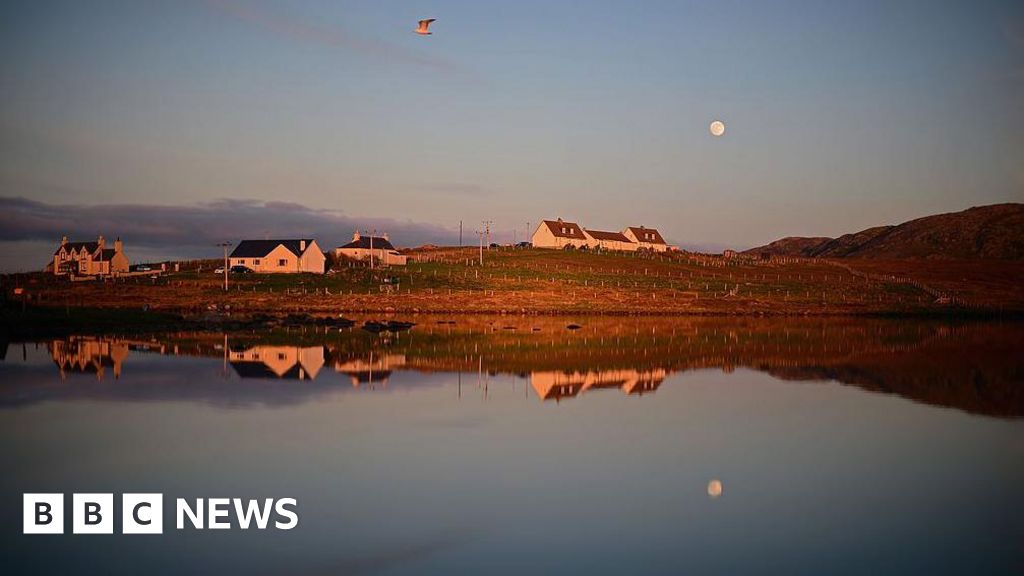
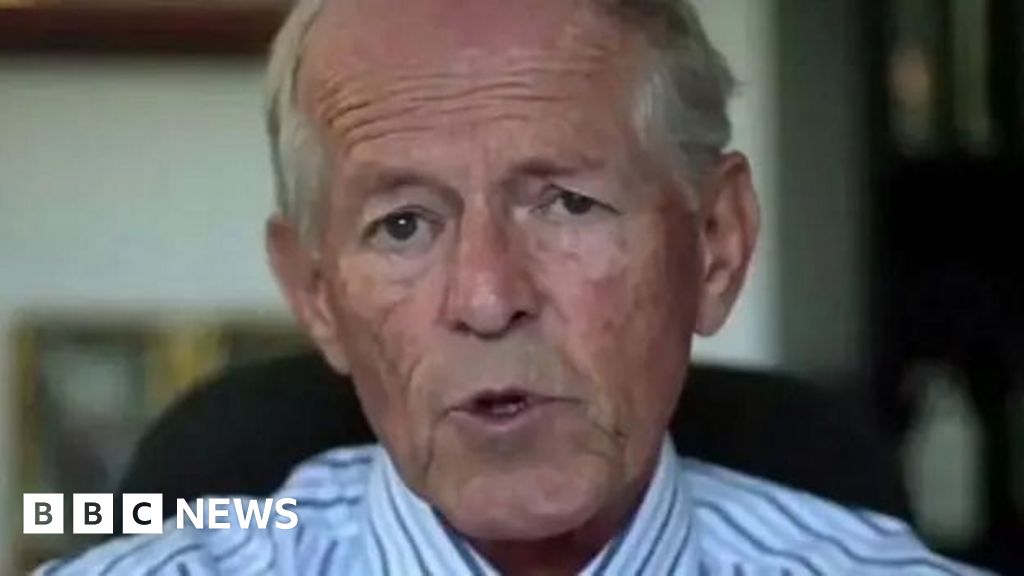
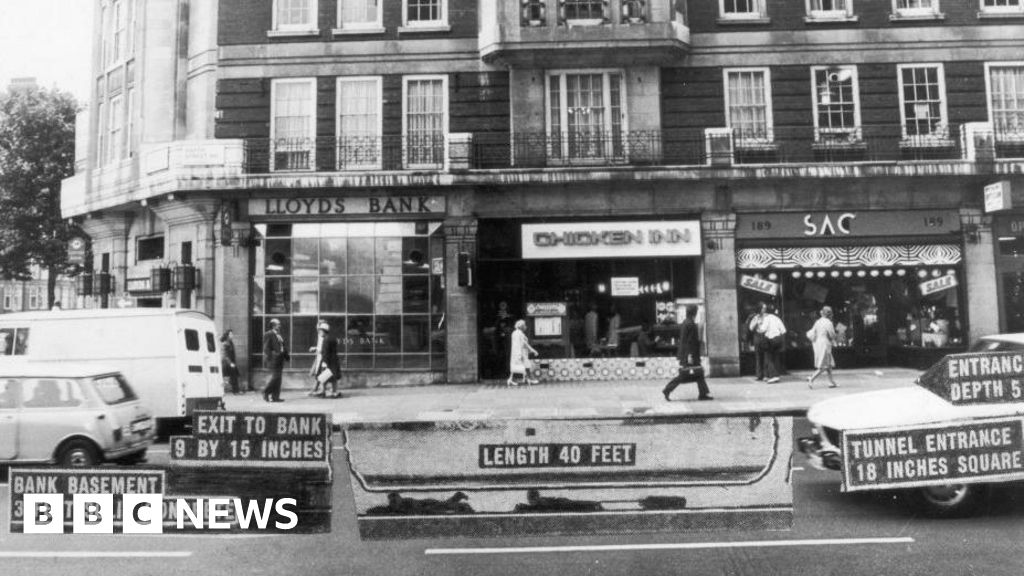
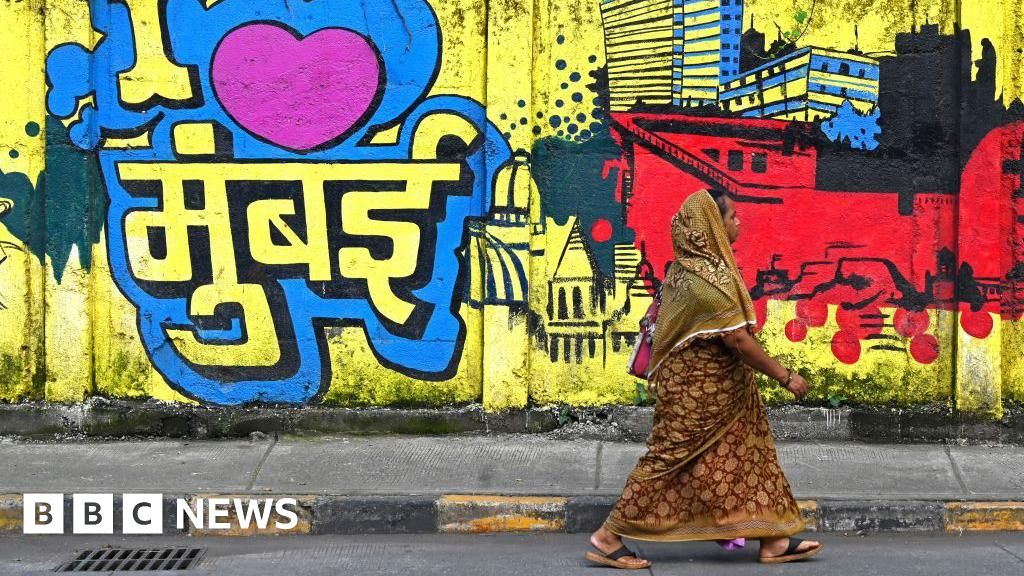



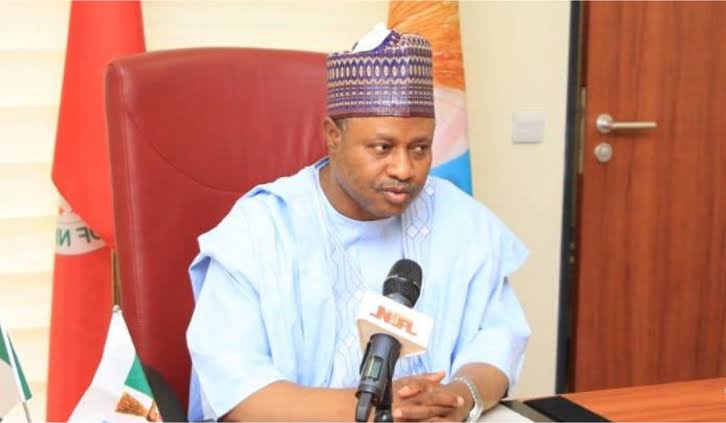



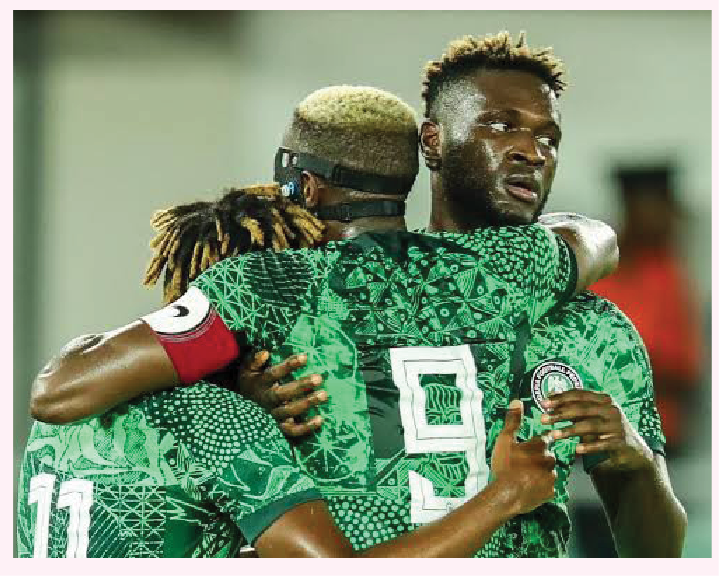
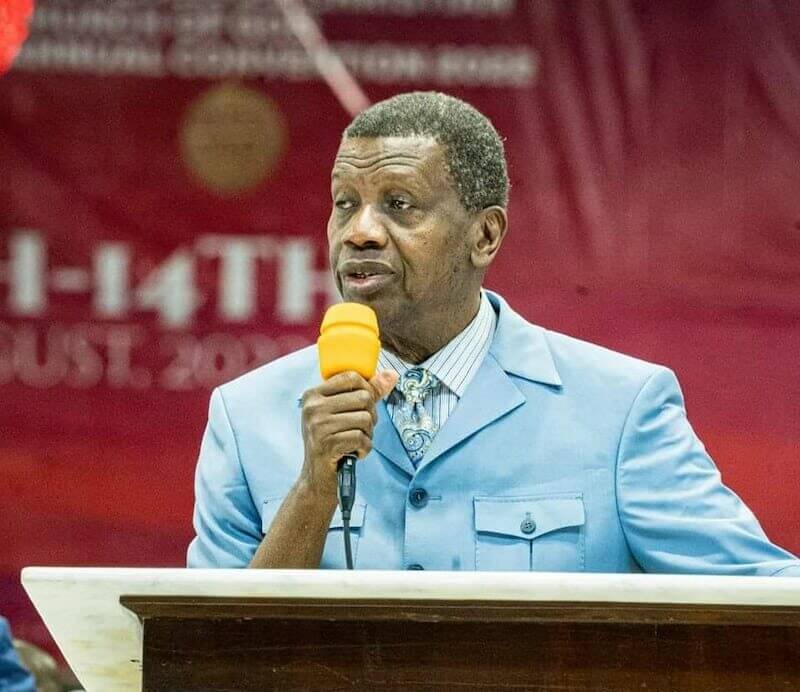

 English (US) ·
English (US) ·